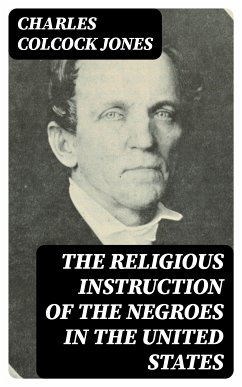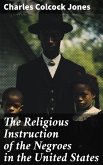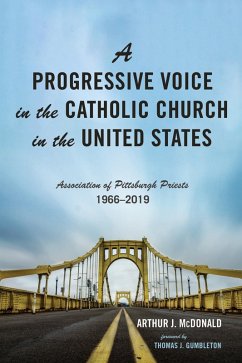In "The Religious Instruction of the Negroes in the United States," Charles Colcock Jones addresses the vital role of religious education among enslaved African Americans in the antebellum South. Written in a didactic tone, the book illuminates the unique challenges faced by both enslaved individuals and their religious instructors, emphasizing the moral imperative for their spiritual upliftment. Jones combines theological insights with practical guidelines, advocating for a more inclusive and compassionate approach to evangelizing at a time when racial hierarchies dominated societal norms. Provided within its pages are accounts of the resilience of Black faith amidst oppression, positioning the narrative of spiritual instruction at the intersection of religion and social justice. Jones, a prominent Presbyterian minister and missionary, was deeply engaged in the Southern religious revival movements of the 19th century. His personal experiences and observations of both the plight and the potential of enslaved individuals shaped his views on their spiritual needs and rights. His work reflects a broader theological discourse of the period, with an emphasis on moral responsibility that sought to reconcile the institution of slavery with Christian ideals. I highly recommend this seminal work to scholars and general readers alike, as it offers profound insights into the complexities of faith, race, and morality in American history. Jones' thoughtful synthesis of religious conviction with social conscience serves not only as an essential historical document but also as a foundation for contemporary discussions on race and faith.
Dieser Download kann aus rechtlichen Gründen nur mit Rechnungsadresse in A, B, BG, CY, CZ, D, DK, EW, E, FIN, F, GR, H, IRL, I, LT, L, LR, M, NL, PL, P, R, S, SLO, SK ausgeliefert werden.









